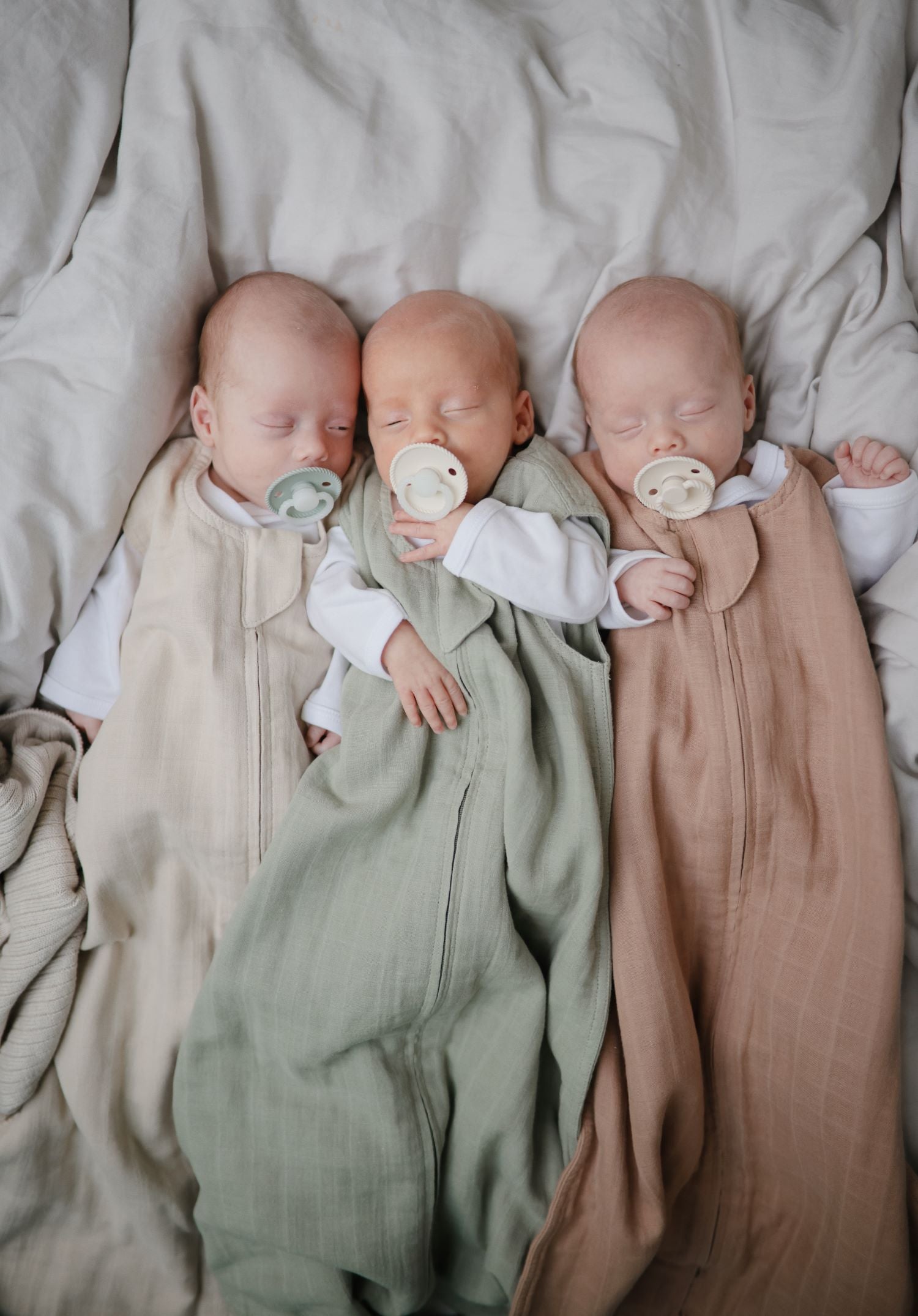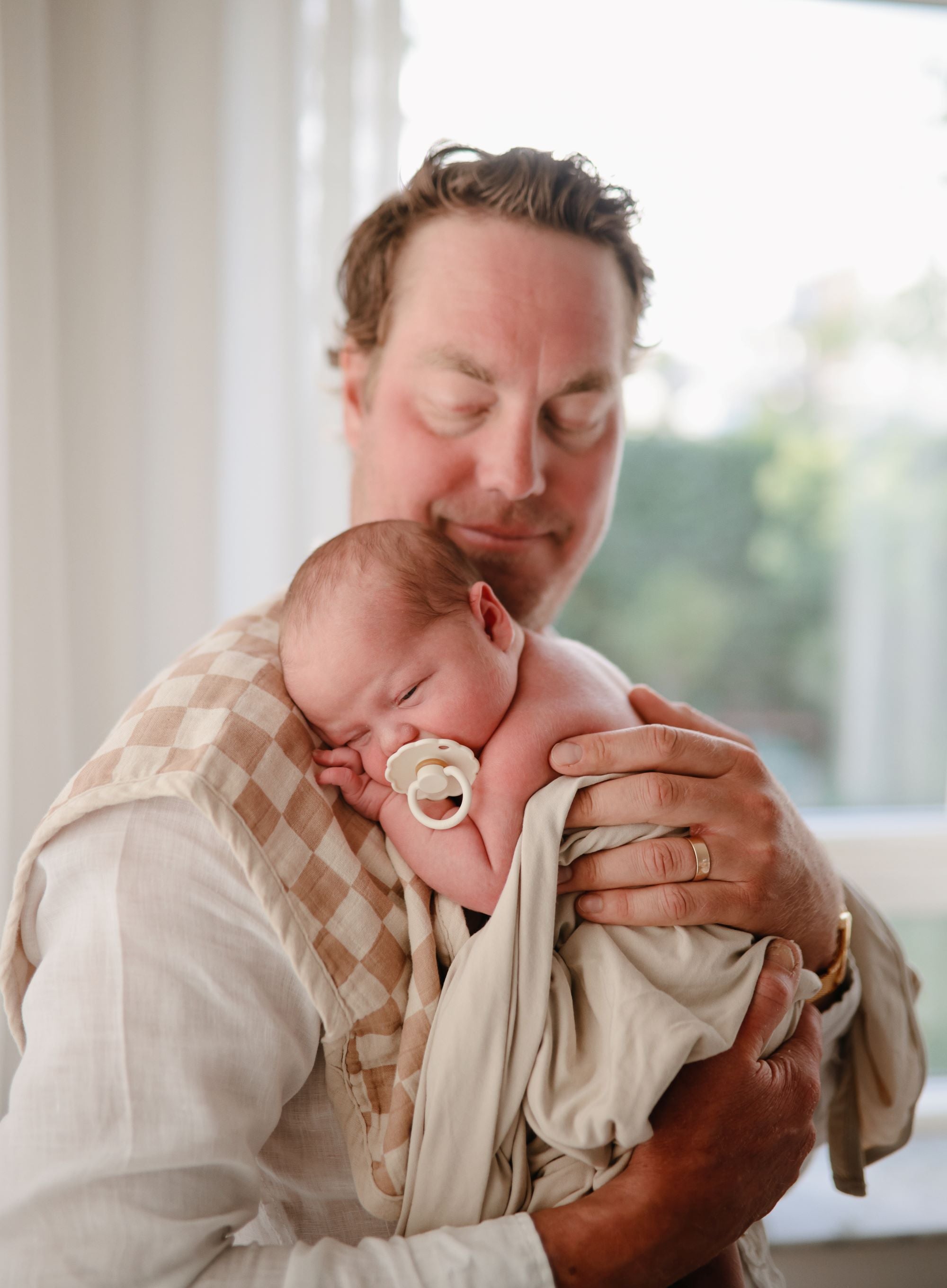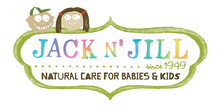Pacifiers, Binky, Pacificer, Soother, Dummy. We at mummasphere love pacifiers… yes, even for newborns, sleeping babies, and breastfed babies! We often get questions from parents about newborns sleeping with pacifiers across our various sales channels. Let’s talk about why we love pacifiers, how to introduce pacifiers, and what to do if your baby keeps falling out of their mouth.
Should my baby use a pacifier?
Our answer will always be, “It’s up to you and your baby!” There is no right or wrong approach when it comes to pacifiers. Some babies will never take a pacifier, and that’s okay too! However, for many babies, a pacifier is a helpful tool for comfort and relaxation. Here are the top two reasons we recommend pacifiers for newborn sleep:
1. Pacifiers allow babies to do non-nutritional sucking. If your baby is hungry, you should feed him. However, sometimes newborns still want to suck after they have finished eating. This is called non-nutritional sucking, which means sucking without getting nutrients or calories. Non-nutritional sucking has several benefits for newborns:
- Releases endorphins in the brain
- Increase relaxation
- Providing comfort and a sense of security
- Be a useful tool to promote sleep
Are pacifiers safe for breastfed babies?
If you’re worried about nipple confusion due to pacifier use, I have good news! Research shows that breastfeeding mothers who introduce a pacifier are just as successful at breastfeeding as those who don’t. Scientific research debunks the myth of nipple confusion and shows that restricting pacifier use does not increase breastfeeding success. In fact, in some studies, restricting pacifier use actually decreases the success rate of exclusive breastfeeding. So, yes! pacifiers are great for breastfed babies.What is the best pacifier for a newborn?
Different babies have different pacifier preferences. Some newborns prefer flat nipples, others prefer oval shapes, and still others prefer round shapes. There are many variations to try. When shopping for a pacifier for your newborn, make sure you choose the right size. You don’t want the pacifier to be too big for your newborn’s mouth.
How to introduce a pacifier?
- Offer a pacifier when the baby is calm, not hungry or tired, and is swaddled.
- Apply pressure to the center of the baby's tongue.
- Twirl the pacifier around his mouth.
- If your baby gets frustrated, stop and try again later.
Helpful Tips:
- Don't offer a pacifier as a food substitute... if your baby is hungry, a pacifier won't satisfy.
- Try different shapes and brands until you find one your baby likes.
- Sometimes, putting a little breast milk or formula on the tip of the pacifier can help.
- Newborns who are bothered by moving hands often do better with a pacifier while the hands are swaddled.
- Remember, tongue thrust and gagging reflexes are normal reflexes. Don't be afraid to try!
What if my baby doesn't want to use a pacifier?
Some babies just aren’t interested in pacifiers, and that’s okay! Your newborn doesn’t have to have a pacifier. Your baby can still be a great sleeper without one.
My baby wakes up when the pacifier falls. How do I keep the pacifier in his mouth? What should I do if my baby wakes up every time the pacifier falls?
First, make sure you are using the right size and shape of pacifier for your baby. Try different shapes that may be easier for your baby to hold. When giving the pacifier, try to pull the pacifier away from your baby's mouth a little. Often, your baby will suck harder on the pacifier so that it doesn't fall out as easily.Should I take the pacifier away after the baby falls asleep?
There is no need to remove the pacifier after the baby falls asleep. However, we must ensure that we follow safe sleep guidelines with pacifiers, such as not using clips or stuffed toys.References
- American Academy of Pediatrics. (2005). Do Pacifiers Reduce the Risk of Sudden Infant Death Syndrome? A Meta-analysis
- Wellington and Prasad. (2012). Should breastfeeding babies be given pacifiers?
- Healio. (2012). Restricting pacifier use in breast-fed newborns resulted in breastfeeding decline
- Gibbs and Stevens. (2001). Mechanisms of Sucrose and Non-Nutritive Sucking in Procedural Pain Management in Infants






































































































